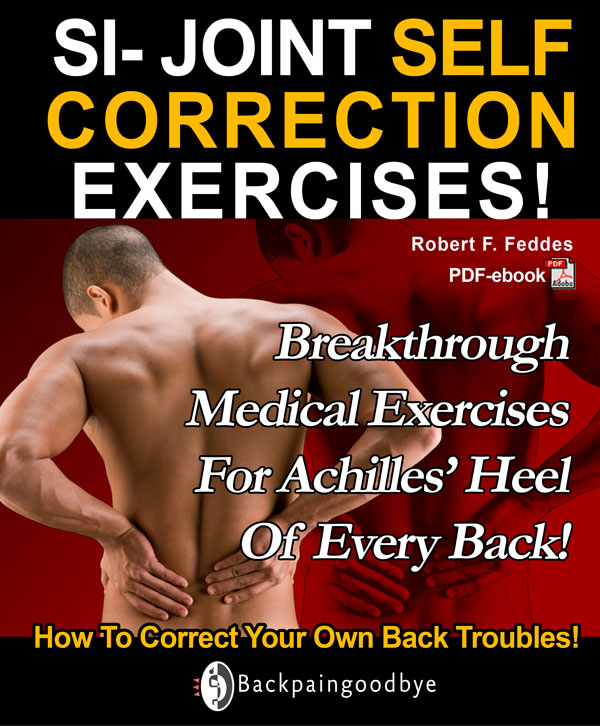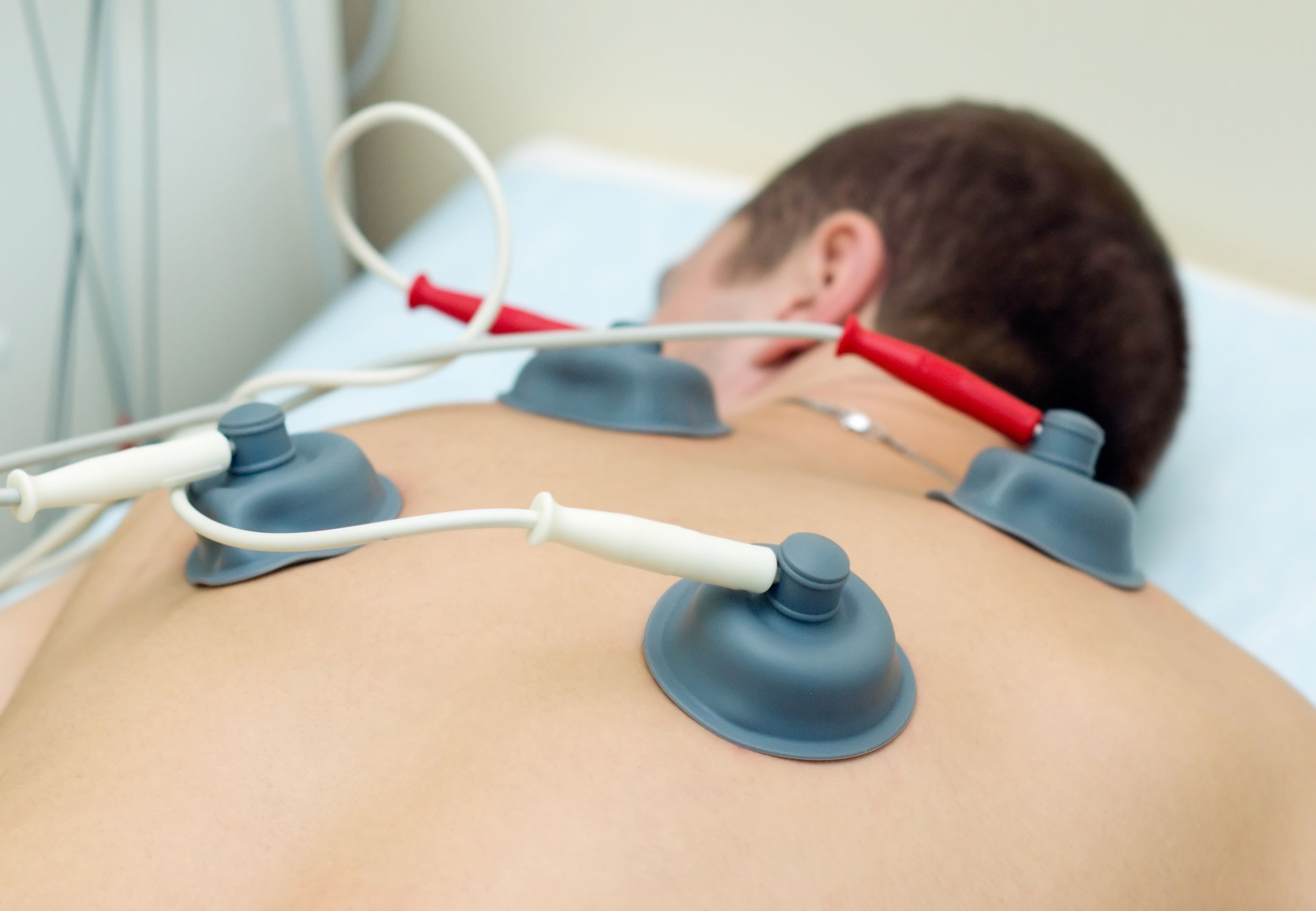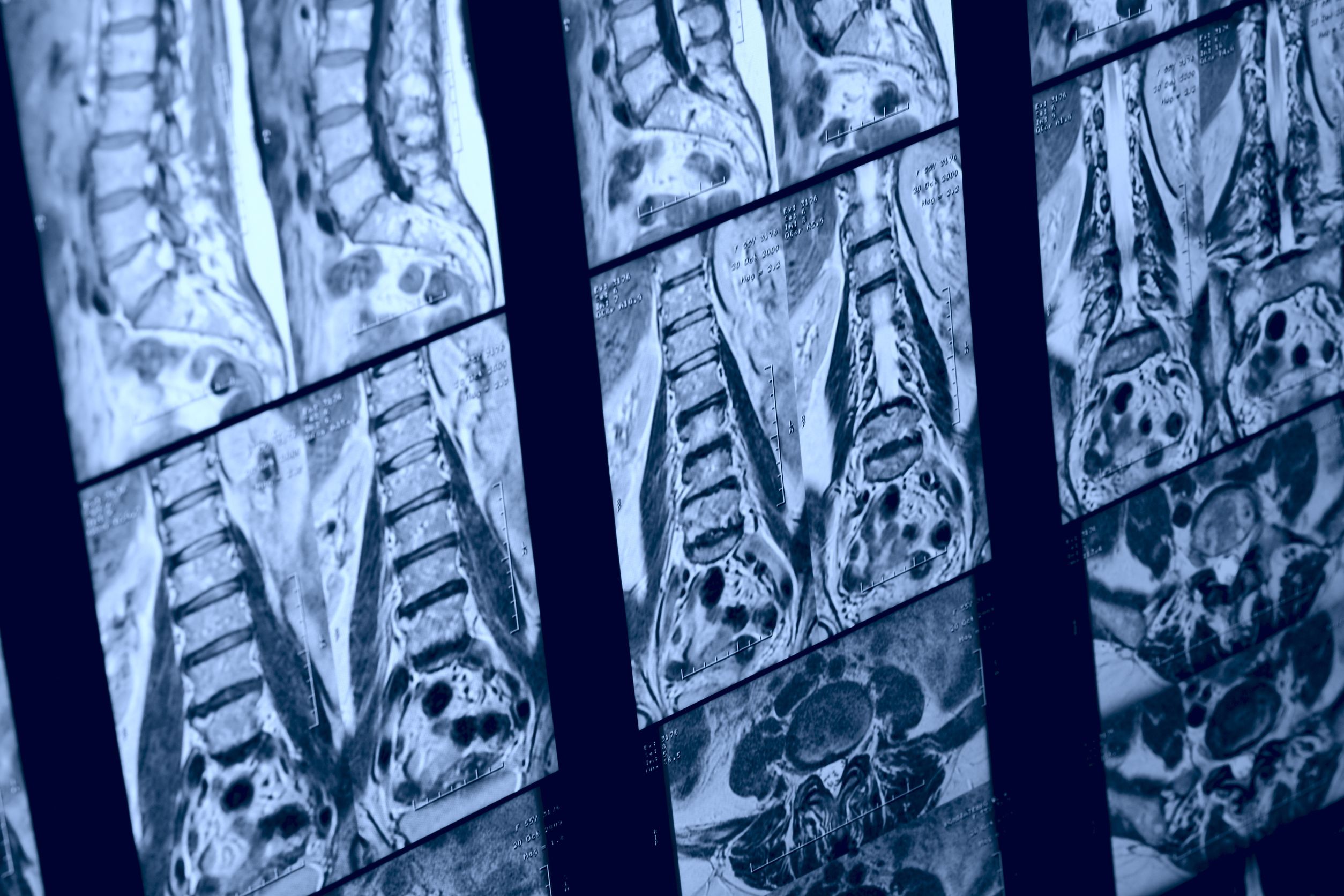Herniated Disc Surgery – Here’s Why NOT
…the last thing you should ever consider – IMO ofcourse, is herniated disc surgery…
Yes, you read that correct: in my opinion herniated disc surgery should be the one thing the very very last on anyone’s list.
Whether it is minimal invasive surgery with the newest technology, or old school type of surgery in which they open your back a little further, doesn’t matter. I believe there is a better way to get rid of your complaints, without any surgery at all.
Minimal invasive is an interesting term…
In my book it still is an invasion into the body, and I am just of the opinion that in case there is an obvious weakness in any part of your body, you do better to restore and heal what is weak, than invade…
My main concern with herniated or bulging disc surgery is that it does not deal with the real cause of your troubles…
Herniated Disc Surgery Fights The Symptoms At Best
I’ll give it to you straight: surgery does not take care of the cause of your buging or herniated disc. At best, it will cure some of the symptoms. But even of that I wouldn’t be so sure if I were you…
…go browse the internet and look for herniated disc surgery, you might soon find stories of people who were actually worse off after a herniated disc surgery. Or they are better for a brief period of time, but after 1 or more years a disc herniation shows up.
But don’t interpret this as criticism on surgeons. I admire everyone who is working in medicine and has the will and dedication to really help.
It’s just that I read too many things that point me in a different direction when it comes to handling a herniated disc.
Herniated Disc Surgery And The MRI Scan
Example: Take a hundred people – at random and free of complaints – and take an MRI scan. You will see a disc herniation in about 30 people, without them having any trouble from it!…
I’m not making this up. You can read this on all kinds of places and it is confirmed to me personally by an MRI specialist.
…How is that possible, a herniated disc but no complaints?
The other way around is also possible: complaints, but nothing shows up on the image! They even have a medical term for that: aspecific back problems.
…Aspecific back problems: the term is used to indicate – real – complaints for which no clear cause can be found within the body.
You get it, there is another term as well, specific back complaints, that is when we speak of complaints – just as real -, but this time something does show up on the image, of which it is then said that it is the cause of the complaints…
So there are people who have all symptoms of a large disc herniation, while nothing of a herniated disc shows up on any scan. We call this an aspecific back complaint, just so that we can put a label on it.
There are also people with a clearly discernible hernia on a scan, but without any complaint. And of course there are also people with real complaints and also a clearly visible hernia on the scan.
Doctors will then say, this is a specific back complaint, it is clear what causes the problems.
But I don’t get this! What is it I am not getting, you might ask?… Let me explain.
All the aforementioned raises a very simple thought with me: if you can have a bulging or herniated disc without any pain or complaint, and if you can have pain without a noticeable herniation, then how can that pain be caused by that herniated disc?
It just doesn’t make sense, and I don’t think it is scientific. Even though contemporary medical science will believe it to be true.
In the next article you will find a number of questions that you should ask your GP. I am curious whether he or she can answer them. Maybe you should take these questions to your doctor before planning your herniated disc surgery?…



















